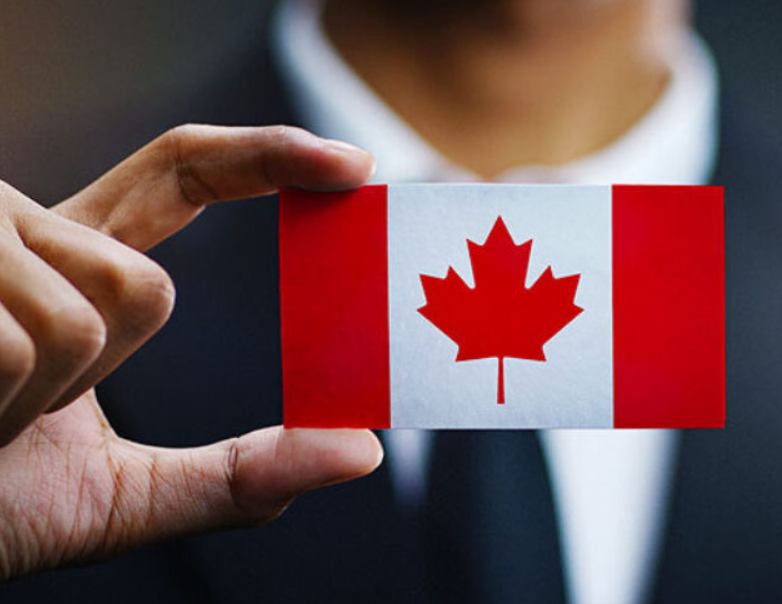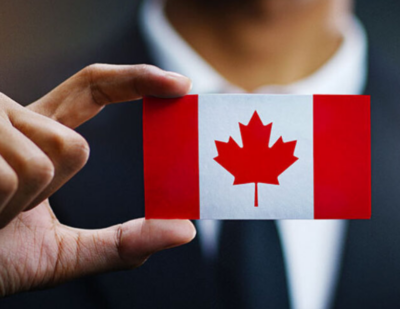


November 25th, 2024
BURLINGTON, ON
Gambling has become a popular activity for people in Canada, with millions of Canadians engaging with casino activities in the country both offline and online. The rise of gambling all over the world has prompted conversations around the various rules and regulations around gambling activities in Canada. With this in mind, let’s explore what regulatory framework is in place in Canada relating to gambling.
History of gambling in Canada
White it may seem that Canadians are only passionate about casino activities in recent years because of the spike in mobile gaming, the country has a long history of gambling that goes back many years. Before the late 1990s, gambling was mostly illegal as the Criminal Code of Canada banned most forms of gambling in 1892. However, this changed in the 1960s as the monetary potential of legal gambling became apparent, leading the way for the Criminal Code to be changed to permit provinces to run and regulate lotteries. After this move, land-based casinos began to crop up in provinces like Ontario, sparking an interest among locals for casino related activities. This interest has piqued even more with the recent legalization of online gambling in Ontario in 2022, and now Canadians in Ontario can head to Gambling.com to see a full list of online casinos available in Canada.
It’s important to note that there are different rules for gambling in various countries. This is no different in Canada, where there are currently numerous laws for both offline and online gambling. The Canadian Gaming Commission oversees the industry as a whole in Canada, offering information and responding to any serious issues that arise. This body makes sure that there’s a certain level of transparency with the public, government and media. However, there are different laws relating to casinos, online gambling and sports betting according to each province.
Gambling laws in Canada

The Canadian Gaming Commission oversees the industry as a whole in Canada, offering information and responding to any serious issues that arise.
In Canada, gambling comes under provincial jurisdiction as mentioned in the Constitution Act of 1867. Because of this, each province has the power to decide whether gambling is legal or not, what types of gambling are permitted, and how revenue is handled. Each Province has a catalogue of gambling products it offers that meet its requirements for player safety and ethics, and a list of prohibited games in addition to those generally prohibited by the Code. This approach lets each province create rules that suit their own needs and local population. For instance, Ontario has permitted online gambling while other provinces such as Alberta and Quebec place an emphasis on land-based casinos over online gambling. While online gambling is permitted in Quebec and Alberta, it is through its government regulated platform instead of instead of allowing private companies to run the gambling websites. There is a similar situation in the United States as gambling laws are also set at the state level. This means that Canadian’s don’t have one set experience throughout the country as the gambling options available to them can change according to where they are.
In many provinces in Canada, it’s possible to play casino games such as roulette, poker, baccarat and slots at a traditional brick-and-mortar casino. For example, Casino Niagara in Ontario has over 1,300 slot machines as well as table games and poker options while in Quebec Casino de Montréal is one of the largest casinos in the world with plenty of exciting gaming options. Like online gambling, each province is in charge of the regulations relating to their land-based casinos. This means they decide how to protect their players and how to ensure the casinos are operating in a fair manner.
Changes towards gambling in Canada
Online gambling in Canada has also undergone significant changes in recent years. Many years ago, Canadians resorted to offshore gambling sites that weren’t regulated by Canadian laws which could be a risky activity. However, Ontario launched its own online gambling market in April 2022. This meant that private companies were able to legally offer online casinos and sports betting within the province. As a result, players experience less anxiety around engaging in gambling activities as they can be sure that they are gambling in a safe way.

The gambling environment for both on-line and land-based is tightly regulated and noted for transparency and safety for the gambler.
However, this doesn’t mean that Canadians aren’t benefiting from gambling options outside of the country as many operators outside of Canada with offshore servers and foreign gaming licenses have offered their products in Canada. This means Canadians can choose between local regulated sites and international options, further solidifying Canada as a powerful gambling hub.
In conclusion, Canada is being increasingly associated with gambling activities thanks to recent legalization changes that have attracted more people in the country. As more provinces begin to cater to consumer demand and embrace online gambling, it’s likely that the country will become an even better regulated gambling environment. Whether you are new to gambling or are passionate about particular casino games, now is the perfect time to discover Canada’s evolving gambling scene.